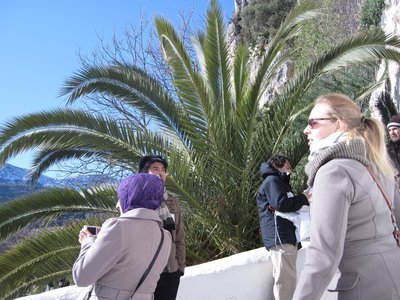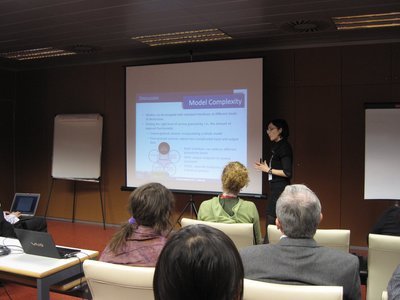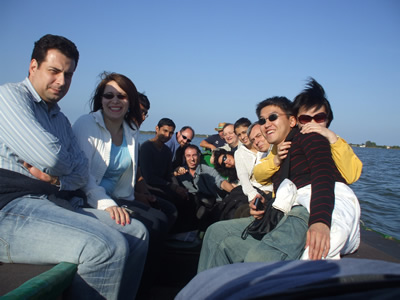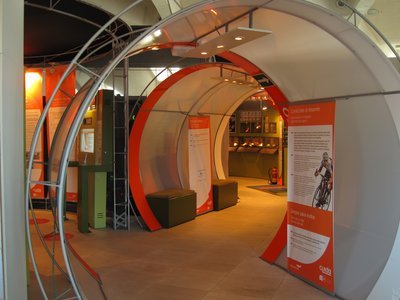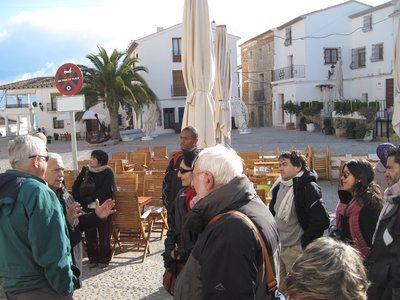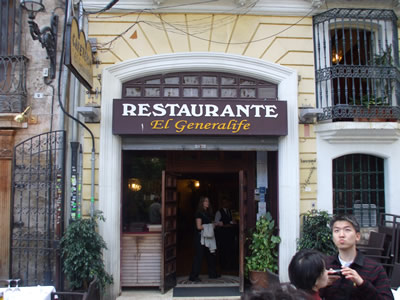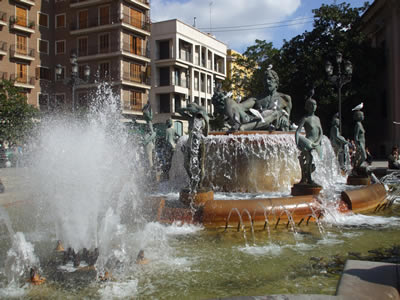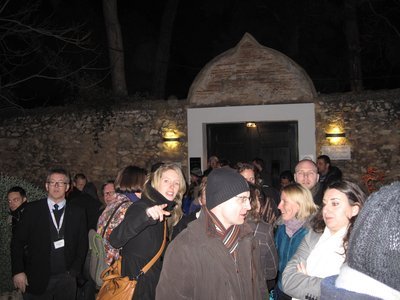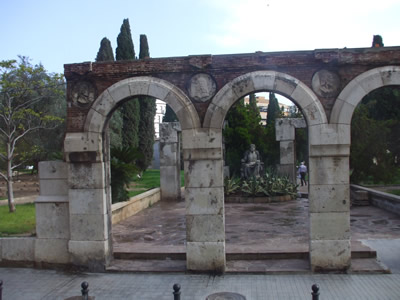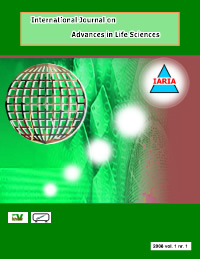eTELEMED 2020 - The Twelfth International Conference on eHealth, Telemedicine, and Social Medicine
November 21, 2020 - November 25, 2020
eTELEMED 2020: Tutorials
T1. Reasoning with Exceptions in Contextualized Knowledge Repositories
Dr. Loris Bozzato, Fondazione Bruno Kessler, Trento, Italy
Representation of context dependent knowledge in the Semantic Web has been recognized as a relevant issue: as a consequence, a number of logic based formalisms have been proposed in this regard. In our recent works, in response to this need, we presented the description logic-based Contextualized Knowledge Repository (CKR) framework.
In this tutorial we first present the latest formalization and implementation for the CKR framework. We will introduce the description logic definition of the framework and an inference procedure defined in terms of a datalog based materialization calculus.
We will then present our work in extending the framework with a notion of non-monotonic Justifiable Exceptions. Intuitively, we extend CKR definitions with the possibility to represent defeasible axioms: such axioms hold in the local contexts only for the instances for which there does not exists a justification for their overriding. Over such semantics, we will present a translation of extended CKRs to datalog programs with negation under answer sets semantics extending the original materialization calculus.
We will then shortly present our current extensions to the CKR framework to reason with different description logics and different kinds of contextual hierarchies.
T2. Emerging Technologies for Ubiquitous Monitoring and Transmission of Physico-chemical Variables. Their Applications to Biosignal Acquisition
Dr. Ing. Almudena Rivadeneyra-Torres, Dept. Electronics and Computer Technology, University of Granada, Spain
In this tutorial, we will explore the main emerging techniques for the fabrication of printed and flexible electronics. We will show some practical examples of devices manufactured with such technologies, highlighting their features with respect to conventional fabrication techniques. After that, we will explain the use of these emerging techniques for the fabrication of electrodes and sensors for biosignal acquisition and how they can be integrated with other electronic devices such as antennas for wireless communication of energy harvesting system to build self-powered sensor systems. We will also explain a future perspective of such systems.
Finally, we will produce in-situ some cost-effective, simple and lightweight electrodes and employ them to acquire the electrocardiogram of volunteers from the audience of this tutorial.
T3.Development of Parallel Geoscientific Applications on High Performance Computing Architectures
Dr. Alexey Cheptsov, High Performance Computing Center Stuttgart, Germany
Our life is getting more and more parallel, also in terms of computing architectures. Experience reveals that only a few software applications take advantage of parallelism, offered by modern multi-processors, Cloud or High Performance Computing (HPC) architectures. The major reason for that is that the inherent support of parallelization is not available or extremely poor in the majority of programming languages, with only a few exceptions (e.g. Scala). The mainstream programming languages, such as C++ or Java, require usage of special techniques, like POSIX threads or Remote Memory Access in order to endorse the power of parallelism of a multi-core CPU or a supercomputing infrastructure. However, they are difficult to use by an unexperienced user.
In this tutorial, you’ll learn some parallelization strategies, which are relatively easy for early adoption even by beginners on the one hand whilst can bring considerable performance improvement even without any large time investment into the fine-tuning on the other hand. In particular, you’ll experiment with inherently-parallel programming models – Open Message-Passing (OpenMP) for C/C++ language or Java Threads for Java and multiprocessing techniques – Message Passing Interface (MPI) for a wide spectrum of programming languages.
At the end of the tutorial you will be able to use basic parallelization in any kind of applications and make best of your available parallel hardware. No special programming skills are required for participation at the tutorial.



